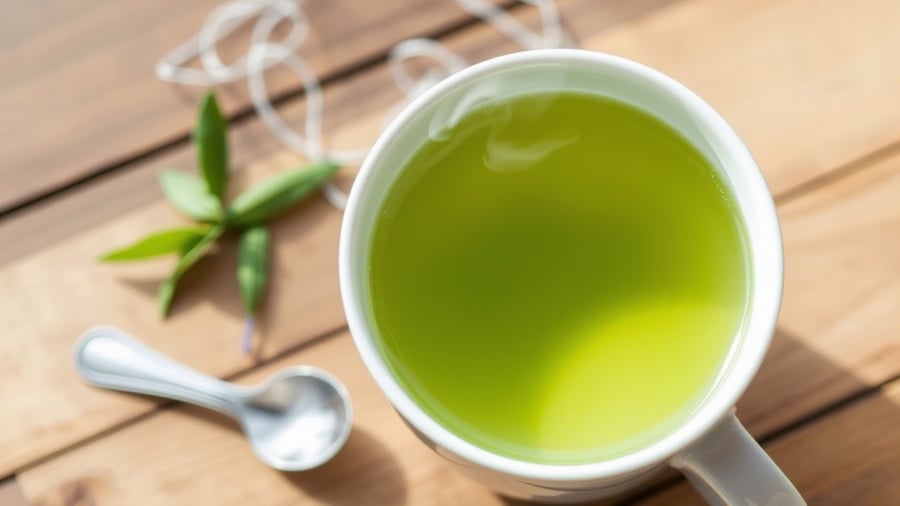Head and neck cancers are among the most common cancer types globally, with a particularly sharp increase in low- and middle-income countries. A novel study from the Huntsman Cancer Institute at the University of Utah has revealed that coffee and tea consumption may play a positive role in reducing the risk of these cancers, especially caffeinated coffee.
However, caution is advised regarding the amount of tea consumed, as excessive intake may increase the risk of certain cancer types, such as laryngeal cancer. This study is based on a meta-analysis of data from 14 previous studies by the International Head and Neck Cancer Epidemiology (INHANCE) consortium. The data included information from over 9,500 head and neck cancer cases and more than 15,700 controls. Volunteers provided details on their consumption of caffeinated and decaffeinated coffee and tea, measured in cups per day, week, month, or year.

A recent study from the Huntsman Cancer Institute finds a potential link between caffeinated coffee consumption and reduced risk of head and neck cancers.
Results showed that individuals who drank more than four cups of caffeinated coffee daily had a 17% lower risk of head and neck cancers compared to non-coffee drinkers. Additionally, there was a 30% reduced risk of oral cavity cancer, a 22% lower risk of oropharyngeal cancer, and a 41% decrease in risk for hypopharyngeal cancer. Interestingly, even decaffeinated coffee provided significant benefits, lowering the risk of oral cavity cancer by 25%.
Tea also exhibited protective effects, but these were dependent on the amount consumed. Those who drank less than one cup of tea daily had a 9% lower risk of head and neck cancers and a 27% reduced risk of hypopharyngeal cancer. However, consuming more than one cup of tea daily increased the risk of laryngeal cancer by 38%. This suggests that further research is needed to fully understand the specific mechanisms by which tea influences cancer risk.

Tea consumption shows protective effects against certain head and neck cancers, but the amount consumed matters.
This study not only offers hope for the potential health benefits of coffee and tea but also paves the way for further in-depth investigations into the link between diet and cancer risk. According to Professor Yuan-Chin Amy Lee, who led the research, coffee and tea consumption is a complex issue that requires additional scientific evidence to fully elucidate their overall impact on human health.
Therefore, similar to any other nutritional advice, the habit of drinking coffee and tea should be considered as part of a holistic picture of a healthy diet and lifestyle to ensure optimal health benefits.
































